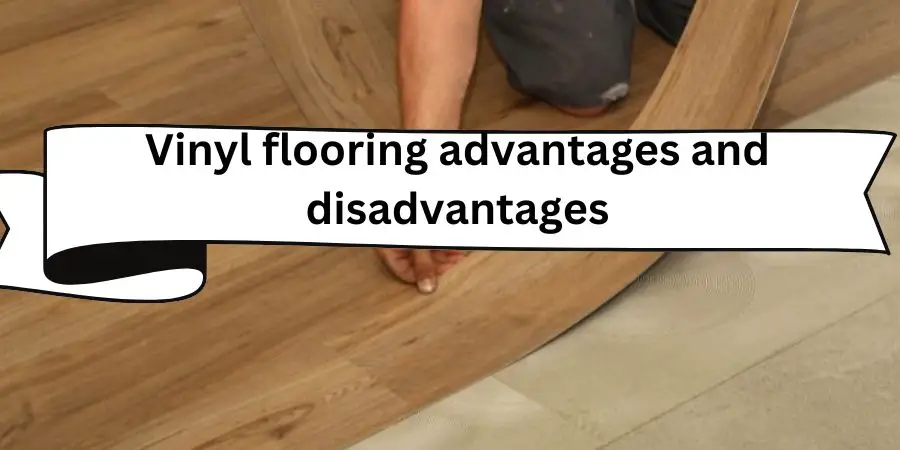If you’re renovating your home or building a new one, you may be wondering what type of wall material to use. Two popular options are gypsum board and drywall, but what’s the difference between the two and which one should you use? Let’s break it down.
What is Gypsum Board?
Gypsum board, also known as plasterboard or sheetrock, is a type of panel made from gypsum plaster and a paper or fiberglass backing. It’s commonly used in walls and ceilings because it’s lightweight, fire-resistant, and easy to install.
What is Drywall?
Drywall, on the other hand, is a type of gypsum board that’s specifically designed for walls. It’s made from gypsum plaster sandwiched between two sheets of heavy paper. Drywall is also lightweight, fire-resistant, and easy to install.
Are gypsum board and drywall the same thing?
Gypsum board and drywall are often used interchangeably, as they are both made of gypsum plaster and used for interior walls. However, gypsum board is a more versatile material that can be used for ceilings, partitions, and other applications, while drywall is designed specifically for wall construction.
Table of Contents
Gypsum board vs drywall- What’s the differences
Gypsum board is made from gypsum plaster with a paper or fiberglass backing. On the other hand, drywall is made from gypsum plaster that’s sandwiched between two sheets of heavy paper.
Both have smooth surfaces, but gypsum board comes in a wider range of thicknesses compared to drywall.
Intended Use: Where You Can Use Them
Gypsum board is more versatile and can be used for walls, ceilings, and even as a base for ceramic tile. Drywall, however, is specifically designed for walls only.
Thickness: How Thick They Can Be
Gypsum board is available in various thicknesses, from 1/4 inch to 3/4 inch, depending on the intended use. Meanwhile, drywall usually comes in 1/2 inch and 5/8 inch thicknesses.
Installation: How Easy They Are to Install
Gypsum board is lighter than drywall, which can make it easier to handle and install. However, both materials are pretty straightforward to install.
Fire Resistance: How They React to Fire
Both gypsum board and drywall are naturally fire-resistant due to the presence of gypsum. However, certain types of gypsum board, such as Type X, are specifically designed to provide additional fire resistance.
Moisture Resistance: How They Handle Water
Gypsum board can be treated with additives to improve its resistance to moisture and mold. Drywall, on the other hand, is more prone to damage from moisture.
Choosing Between Gypsum Board and Drywall: What to Consider
If you’re trying to decide between gypsum board and drywall for your interior walls, here are some factors to consider:
Intended Use:
- If you’re looking for a material that can be used for walls, ceilings, or as a base for ceramic tile, gypsum board may be the better choice due to its versatility.
- However, if you only need a material for standard wall construction, drywall may be a more appropriate option.
Thickness:
- Consider the thickness requirements for your project. Gypsum board is available in a wider range of thicknesses than drywall, so it may be the better choice if you need a specific thickness for your project.
Fire Resistance:
- If fire resistance is a concern, both gypsum board and drywall are naturally fire-resistant due to the presence of gypsum. However, certain types of gypsum board, such as Type X, are specifically designed to provide additional fire resistance.
Moisture Resistance:
- If you anticipate moisture or mold issues, consider using gypsum board that has been treated with additives to improve its moisture resistance.
Durability:
- If your walls will be subject to high impact or frequent use, drywall may not be durable enough and could be prone to damage. Gypsum board may be a more suitable option.
Installation:
- Both gypsum board and drywall are relatively easy to install, but if you are a DIYer or have limited experience with construction, drywall may be the easier option.
FAQs:
How do I choose between gypsum board and drywall?
The choice between gypsum board and drywall will depend on your specific needs and the intended use of the material. Consider factors like versatility, thickness, fire resistance, moisture resistance, durability, and ease of installation when making your decision.
Can I install gypsum board or drywall myself?
Both gypsum board and drywall are relatively easy to install, but it is important to follow proper installation techniques to ensure a smooth, flat surface. If you have limited experience with construction or are unsure about the installation process, it may be best to hire a professional.




